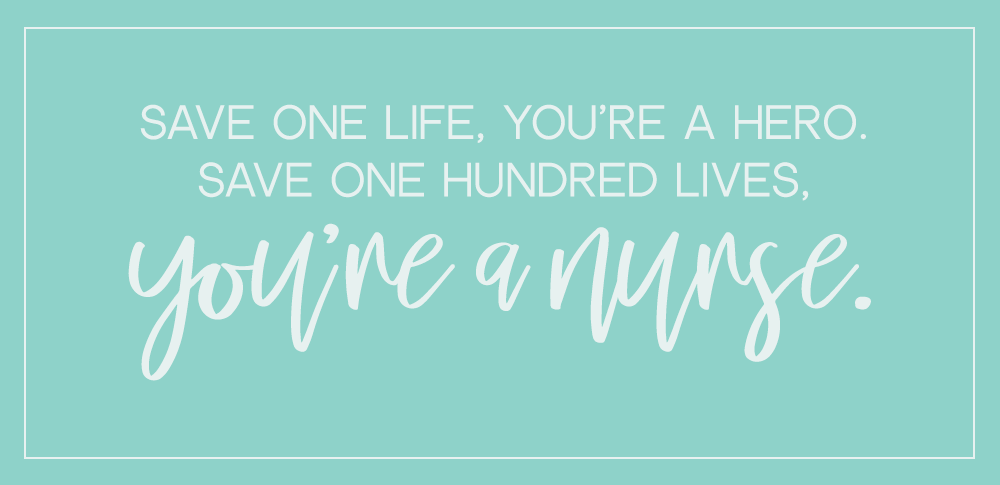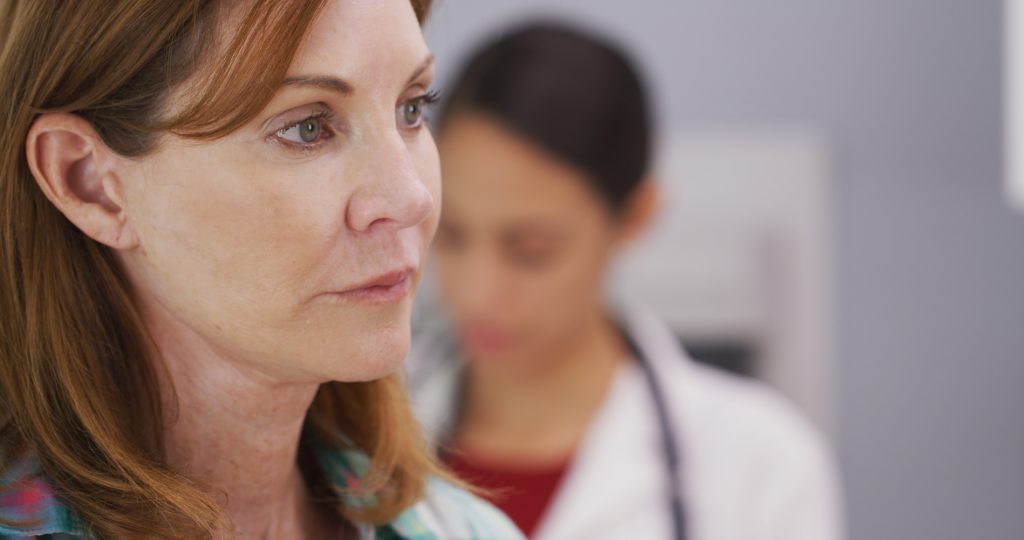Nurses
CategoryNew App Connects Patients with Advanced Practitioners, RNs via Text
A new app is taking aim at the telehealth space–not to diagnose, but to triage–and advanced practitioners and RNs are the ones on call.
10 Steps to Nurse Entrepreneurship
Many nursing professionals would like to be business owners but aren’t quite sure how to get started—if that’s you, this guide is here to help.
Inspiring Nursing Quotes to Get You Through the Day
When you’re a busy, tired nurse, it’s sometimes easy to lose sight of just how amazing you and your profession are. Here are some quotes to remind you.
Nurses Still Underrepresented as “Expert Sources”
Though nurses are well-educated and intelligent, they are cited as expert sources in health news stories less than 2% of the time, according to a new study.
Great Side Hustles for Nurses
Though RNs make an average annual salary of $70,000, sometimes, a little extra cash can go a long way. Here are four side jobs perfect for nurses.
Nursing Jobs, Cost of Living, & Where to Hang Your Hat
Making decisions about your work-style and lifestyle can be fraught with anxiety and concern about the future—let’s unpack that conundrum.
$949M: Possible Cost of Mass. Nurse Staffing Ratio Mandate
The debate around the proposed nurse staffing ratio mandate on the ballot in Massachusetts rages on, with new figures estimating it could cost up to $949M.
Day Shift vs. Night Shift: A Consistent Nursing Dilemma
Days versus nights is the nursing conundrum that never gets old. This article breaks down the pros and cons of both shifts.
Caring for Yourself in the Face of Compassion Fatigue
Compassion is “sympathetic pity and concern for the sufferings or misfortunes of others,” and it is felt, often deeply, by those in the nursing profession.
The Delicate Nature of Caring for Sexual Assault Patients
An American is sexually assaulted every 98 seconds. No matter your specialty, the odds are high you will treat a victim. Keep these things in mind, when you do.







